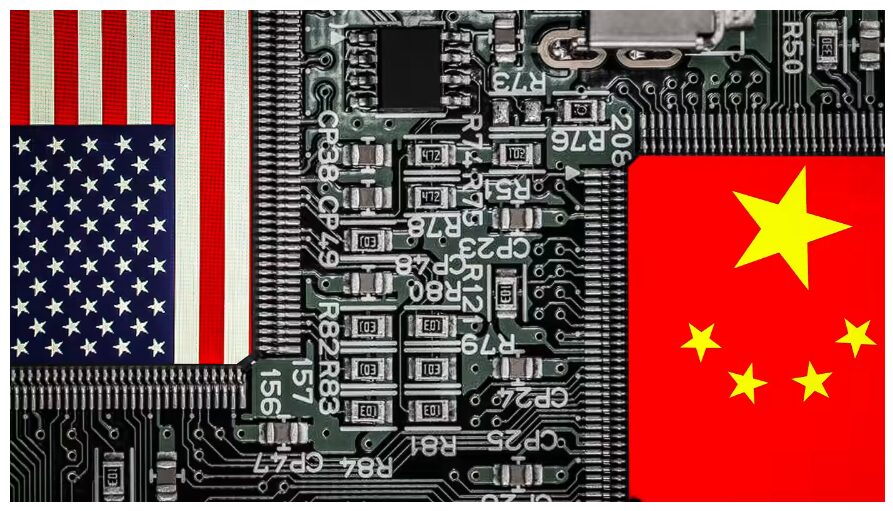
Warwick Powell, Adjunct Professor at Queensland University of Technology
Oct 04, 2024
By insisting on protocols that enable cross-national interoperability in a world that lacks trust, the concept aims to break the grip of a handful of American tech giants while offering a chance for open-source systems to reestablish the sovereignty of all.
Peng Nian, Director of Research Centre for Asian Studies, China
Sep 27, 2024
Cooperation on artificial intelligence has emerged as an area with high potential for China-U.S. relations. It would have a lasting impact. Therefore, both sides should take more effective measures to promote it and generate positive energy.

Yuan Sha, Associate Research Fellow, Department for American Studies, China Institute of International Studies
Aug 16, 2024
Given the high stakes, a coordinated effort to rein in artificial intelligence is crucial. Talks between the two powers must communicate mutual concerns, dispel misunderstandings and prevent this emerging technology from becoming a new source of tension.
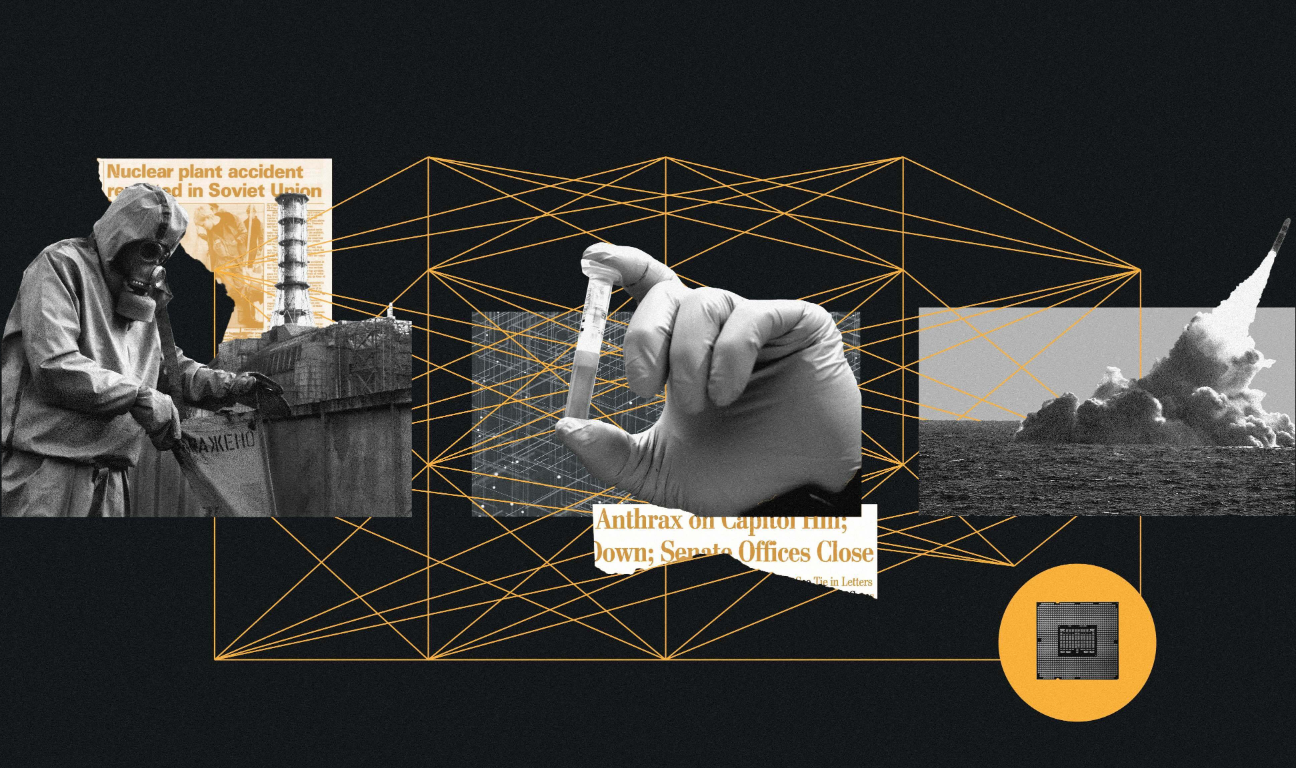
Joseph S. Nye, Professor, Harvard University
Aug 05, 2024
Humans are a tool-making species, but can we control the tools we make? When Robert Oppenheimer and other physicists developed the first nuclear fission weapon in the 1940s, they worried that their invention might destroy humanity. Thus far, it has not, but controlling nuclear weapons has been a persistent challenge ever since.
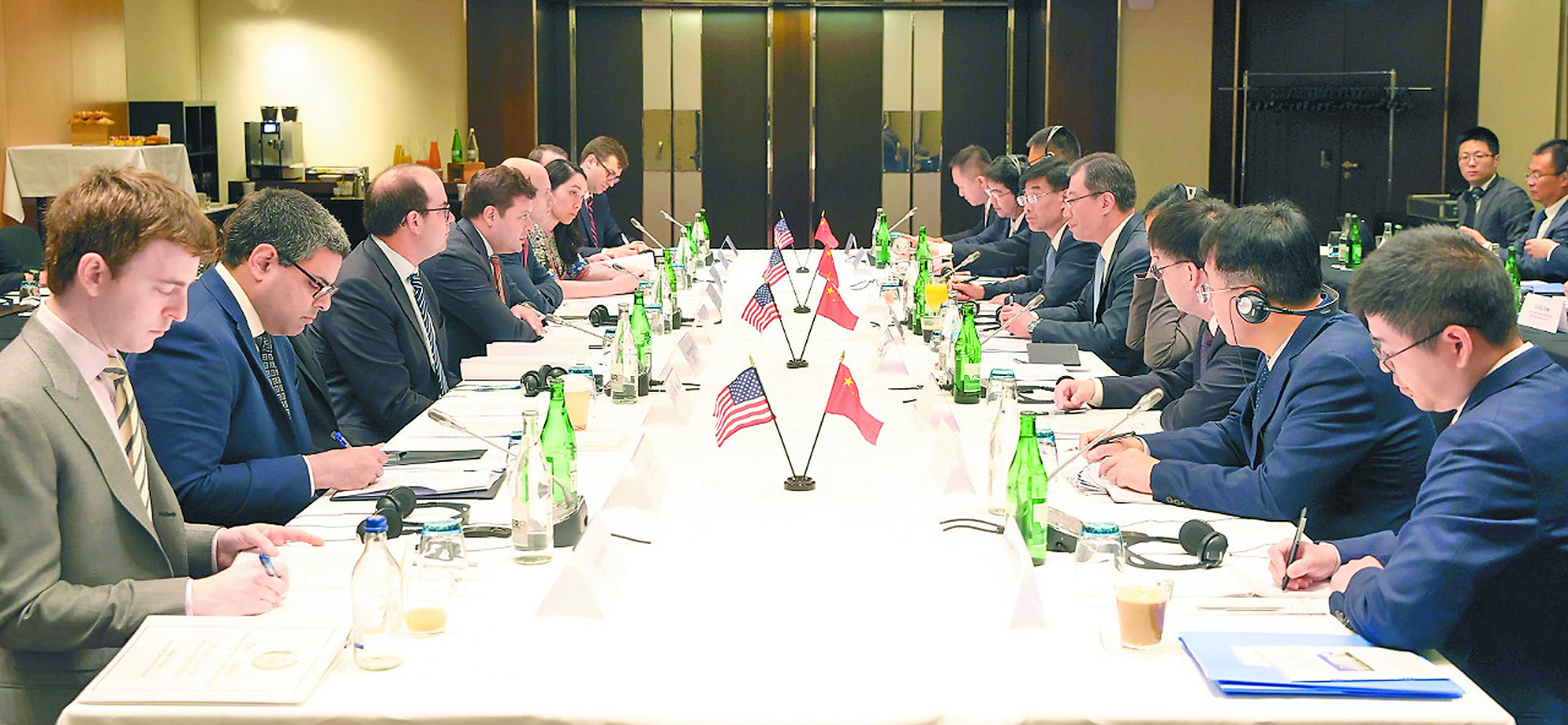
Richard Weitz, Senior Fellow, Hudson Institute
Jun 14, 2024
The wide divergences in Chinese and U.S. preferences regarding artificial intelligence suggest NGO-led engagements will yield greater security benefits than official meetings.
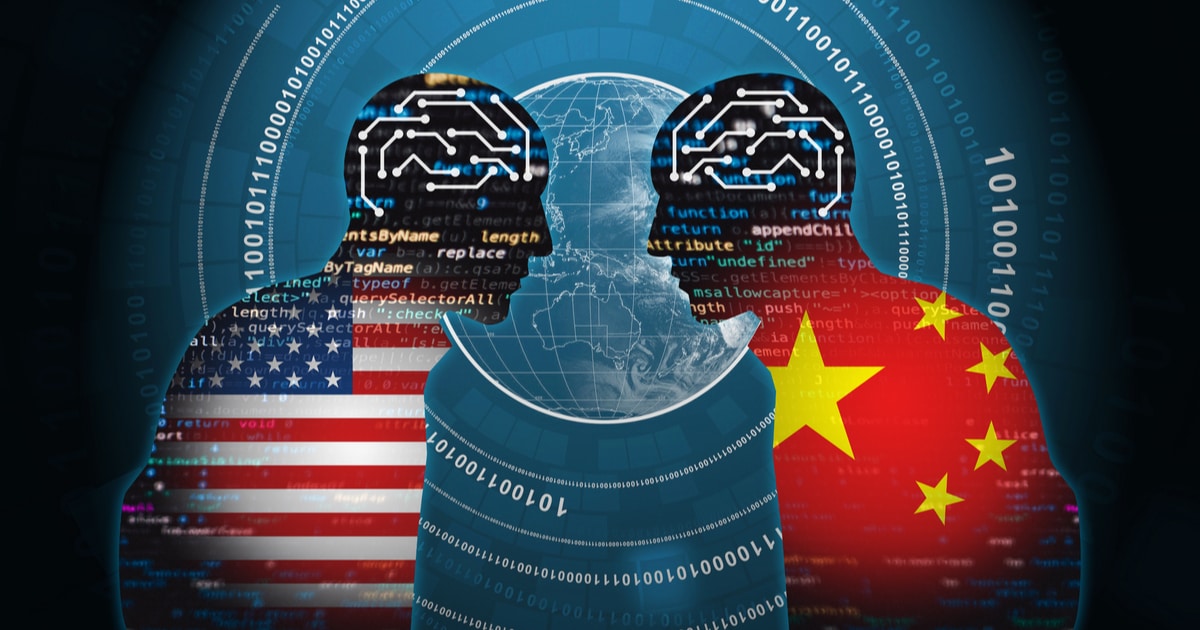
Xu Yanzi, Research Fellow, Information Technology and Innovation Foundation
Sun Chenghao, Fellow, Center for International Security and Strategy of Tsinghua University; Munich Young Leader 2025
Jun 05, 2024
Expanding the dialogue to include a broader range of stakeholders would provide more diverse perspectives with regard to the risks and opportunities associated with artificial intelligence and, potentially, create new opportunities for innovation and experimentation.
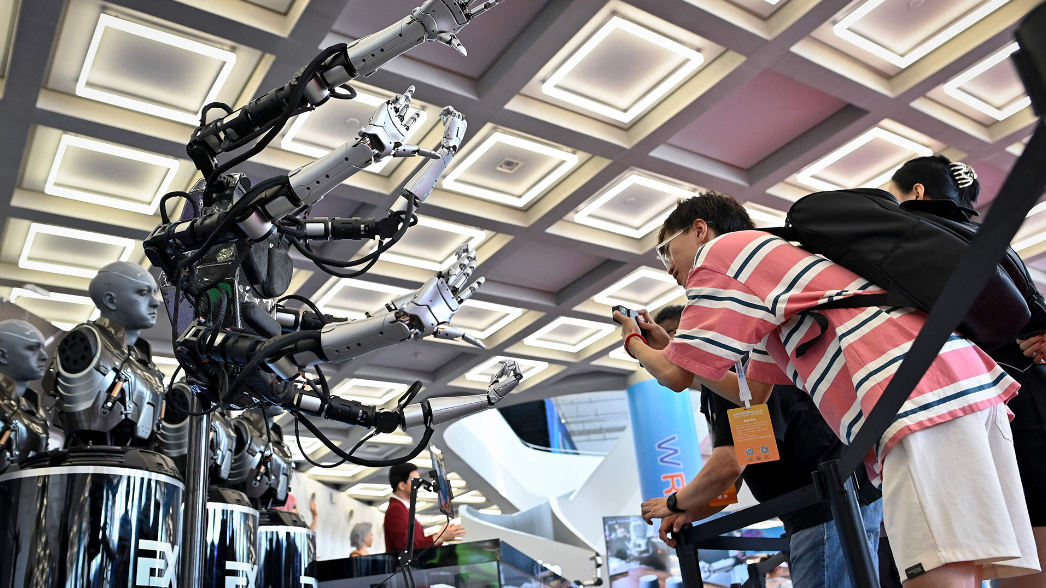
Xiao Qian, Deputy Director, Center for International Security and Strategy at Tsinghua University
Zhu Rongsheng, Invited expert at Center for International Security and Strategy, Tsinghua University
Apr 26, 2024
Cooperation between China and the United States in Track II dialogues now can help to avoid potential risks in international security and avoid bumps in bilateral relations. Interactions can also contribute insights useful in the establishment of the international norms and institutions needed for global AI governance.
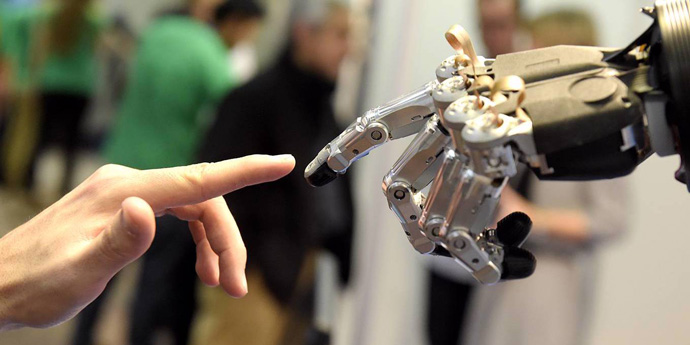
Xiao Qian, Deputy Director, Center for International Security and Strategy at Tsinghua University
Feb 29, 2024
The Munich Security Conference generated a lot of heat but little progress on problems posed by artificial intelligence and how it should be regulated. Countries everywhere need to delicately balance tech development with regulation and navigate the fine line between inevitable competition and indispensable cooperation.
Brian Wong, Assistant Professor in Philosophy and Fellow at Centre on Contemporary China and the World, HKU and Rhodes Scholar
Feb 21, 2024
Sino-American AI cooperation is vital and feasible across most areas. And as a Special Administrative Region of China, Hong Kong is uniquely capable of serving as the forum and location for in-depth engagement between China and the U.S, including inter-governmental and government-to-citizen dialogues.
Sun Chenghao, Fellow, Center for International Security and Strategy of Tsinghua University; Munich Young Leader 2025
Liu Yuan, Research Assistant, Center for International Security and Strategy, Tsinghua University
Feb 05, 2024
China and the United States should promote dialogue and cooperation. Both possess rich talent resources, robust economies and cutting-edge high-tech power. Their interactions in the emerging field and the associated realm of global governance, will have a significant impact on the future of humanity.
Back to Top

- China-US Focus builds trust and understanding between the U.S. and China through open dialogue among thought leaders.
- Our Offerings
- Topics
- Videos
- Podcasts
- Columnists
- Research Reports
- Focus Digest
- Stay Connected
-
Thanks for signing up!
- Get the latest stories from China-US Focus weekly.